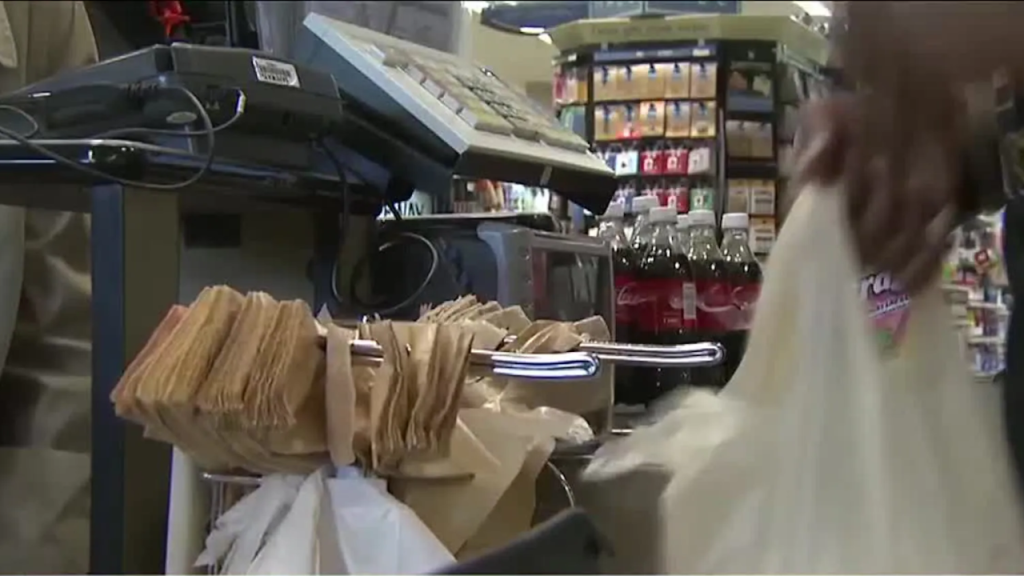Law Enforcement Notices Increase in Electronic Food Stamp and SNAP Benefit Theft!
The United States has witnessed a significant rise in electronic theft targeting the Supplemental Nutrition Assistance Program (SNAP), commonly known as food stamps. This concerning trend has affected low-income individuals who rely on these benefits for their daily sustenance.
Rising Incidents of Fraud and Skimming: The primary method of theft involves skimming, where thieves use devices to steal card numbers and PINs from electronic benefit payment (EBT) cards. This method is not only widespread but also sophisticated, as it often goes undetected until the victims notice unauthorized transactions. Phishing scams, where criminals pose as SNAP case workers to illicitly obtain EBT card information, are also rampant.
Lack of Federal Protections for EBT Users: Unlike bank-issued debit or credit cards, EBT cards lack certain built-in protections, making them more susceptible to theft. The lack of federal protections for EBT users exacerbates the issue, as highlighted by the Massachusetts Law Reform Institute (MLRI) attorney Betsy Gwin. This gap in security leaves beneficiaries vulnerable to financial losses due to such thefts.

Legal and Legislative Responses: In response to the growing number of thefts, Congress passed a law in December 2022 under the Consolidated Appropriations Act, of 2023. This law mandates states to replace SNAP benefits stolen via card skimming, cloning, and other similar methods from October 1, 2022, to September 30, 2024. States are now allowed to use federal funds for these replacements, adhering to approved state plans.
Preventive Measures and Tips for SNAP Beneficiaries: To combat this issue, the U.S. Department of Agriculture (USDA), which oversees SNAP, has issued guidelines for SNAP participants. These include keeping PINs secret, changing them frequently, inspecting card reading machines, and regularly checking EBT accounts for unauthorized charges. In case of suspected skimming or phishing scams, beneficiaries are advised to contact their local SNAP office immediately.
State Agencies and Retailers’ Role: State agencies are encouraged to use guidance from the Food and Nutrition Service (FNS) and the Administration for Children and Families to prevent card skimming and fraud. They are also advised to educate SNAP recipients about EBT card safety and fraud prevention strategies. SNAP retailers are urged to protect their customers by inspecting POS machines, using surveillance cameras, and training employees to detect and prevent skimming.

Conclusion
The rise in electronic theft of SNAP benefits is a pressing concern that necessitates immediate action from both the federal and state governments, as well as increased vigilance from SNAP beneficiaries. The implementation of stringent security measures and proactive educational campaigns are crucial to safeguard the financial well-being of the most vulnerable sections of society relying on these essential benefits.
Read More: A Mother in Ohio Is Being Charged with Her Son’s Death in A House Fire!
New Jersey Multi-State Armed Robbery Leads to A Man 407-Month Prison Sentence!
A Woman from Texas Had to Leave the State to Get an Abortion!

